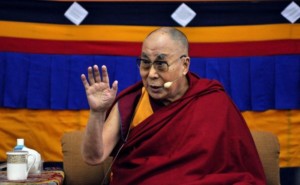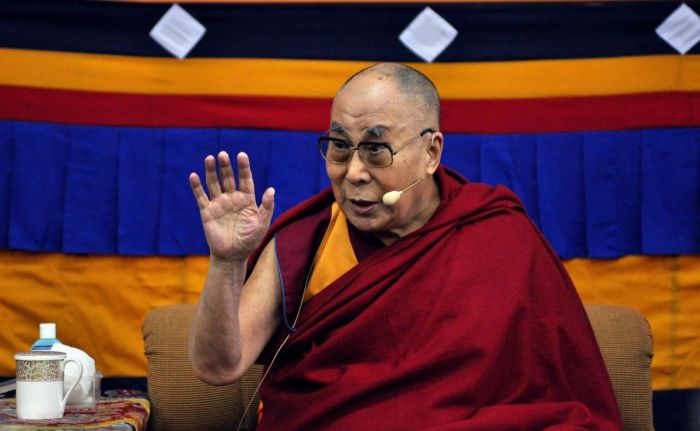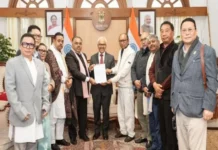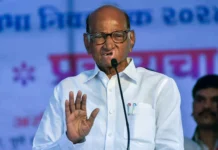 WASHINGTON: Tibetans should choose Buddhist lamas, including the Dalai Lama, as per their beliefs and without interference, the Trump administration has said in an apparent reference to China’s intervention.
WASHINGTON: Tibetans should choose Buddhist lamas, including the Dalai Lama, as per their beliefs and without interference, the Trump administration has said in an apparent reference to China’s intervention.
In its latest Tibet negotiations report sent to the Congress, the Trump administration said it was concerned by the Chinese government’s interference in the selection, education and veneration of Tibetan Buddhist religious leaders.
“The US government believes that respect for Tibetan Buddhists’ universal human right of religious freedom dictates that the succession or identification of Tibetan Buddhist lamas, including the Dalai Lama, should occur without interference, in a manner consistent with their beliefs,” said the report signed by Assistant Secretary of State for Legislative Affairs Mary K Waters.
The US continues to urge the Chinese Government to revise its policies in Tibetan areas that have created tensions, respect and preserve the distinct religious, linguistic and cultural identity of the Tibetan people and permit Tibetans to express their grievances freely, publicly, peacefully and without fear of retribution, it said.
China says that the successor to the Dalai Lama must be chosen according to the religious rituals and historical conventions as well as the backing from the ruling Communist Party.
The report calls upon the Chinese authorities to allow diplomats, journalists, tourists and others to have unrestricted access to Tibetan areas.
It urges the Chinese Government to respect the human rights and fundamental freedoms of all the people in China, including the freedom of movement and the right to leave any country, including one’s own.
Noting that the Chinese government officials and the Dalai Lama or his representatives have not met in formal negotiations since 2010, the report said the US continued to encourage both sides to engage in meaningful and direct dialogue, without preconditions, to lead to a settlement that resolves differences.
The US government remains concerned by the lack of meaningful autonomy for Tibetans within China, ongoing violations and abuses of the human rights of Tibetans in China and efforts by Chinese authorities to eliminate the distinct religious, linguistic and cultural identity of Tibetans, the report said.
The US believes the Chinese government must address these concerns to create conditions for a sustainable settlement, which is essential to the long-term stability of the region, it said.
“The US government has maintained close contact with Tibetan religious, cultural and political leaders to underscore US support and has expressed its concerns regarding Chinese government actions in bilateral, multilateral and public venues,” it said.
According to the report, the Department of State maintains close contact with a wide range of religious, cultural and political leaders of the Tibetan people, including Tibetans in the US, China, India, Nepal and around the world.
Last year, the Chinese foreign ministry said the successor to the Dharamshala-based 14th Dalai Lama must be chosen according to the religious rituals and historical conventions, including drawing of lots from the Golden Urn in front of the Shakyamuni (Buddha) statue at the Jokhang Temple in Lhasa, followed by the mandatory approval from the ruling Communist Party of China.
Since he fled Tibet in 1959 to escape from the Chinese occupation, the Dalai Lama, 82, has been keeping China on tenterhooks about his successor. PTI






